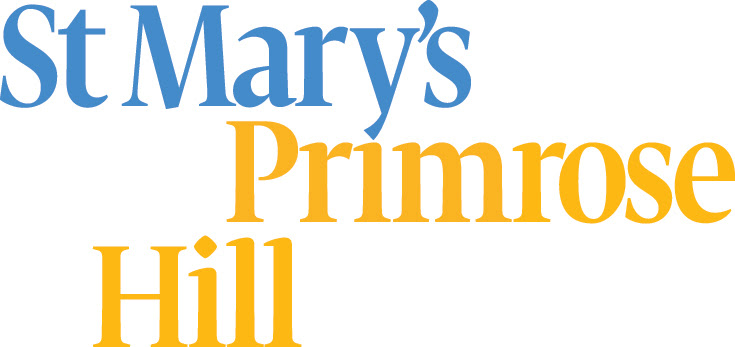Sermon, Ascension Day, May 21 2020
Be Still
By The Revd Mark Wakefield
Reading: Luke 24.44-end
I’ve heard many good sermons in my time but with all due respect to my fellow Anglican clergy, there are not many that I can remember. One notable exception was the last sermon Robert Runcie preached as Archbishop of Canterbury in 1991. What has lived with me ever since was his observation that the great enemy of faith is not lack of belief but fear.
This came as a bit of a shock at the time but it immediately and intuitively struck me as being true. I’ve been mulling this insight ever since, never more so than during this period of lockdown. This has, after all, been a great period of fear and for many – especially the elderly and lonely, those with serious health conditions and those fearing for jobs and businesses - it remains exactly that.
What’s been particularly striking is how much this fear has been in evidence. Every day since the lockdown began I’ve gone for a walk or a run on Hampstead Heath. It’s not an exaggeration to say that – particularly when I’ve been running - some people have viewed my approach as some kind of threat. The fear has been etched on their faces. In some cases they’ve issued instructions for me to keep my distance in pretty sharp terms.
It’s really not for me to judge whether their evident fear was in any way rational or justified
but what I can say for sure is that my reaction was variously sadness, dismay and in one case, resentment. By contrast, there were many I encountered who would smile and nod acknowledgement as we observed social distance and that cheered me and lifted my spirits no end as I reciprocated their greeting.
This experience has underlined for me the truth of Archbishop Runcie’s insight. Fear pinches and cramps us. It hinders our creativity and generosity and cuts us off from each other as it forces us in on ourselves. It is the great enemy of the abundant life Jesus wants us to lead. This is a truth we do well to recall on this day of all days when, as the gospel tells us, Jesus ascended to his father that we might be “clothed with power from on high”.
As the Archbishop argued in his sermon, the distinguishing characteristic of those who have faith is the belief that we have access to a power external to ourselves in the Holy Spirit and that this makes all the difference; the HS is our great defence against fear.
Well, that’s all very well but “how?”, you may ask. Here it seems to me that the lockdown offers a valuable lesson. I realise that I am speaking personally here but I wonder if what I’m about to say resonates with you? To begin with, I experienced lockdown as a gross inconvenience, upsetting as it did my best laid plans and not a few hopes. Then, slowly, I came to appreciate the lack of busy-ness, even to extent of wondering why I’d filled my life with activities that on reflection I saw as not really necessary. I know from speaking to some of you that you’ve had similar experiences.
But what’s really interesting to me is how important and positive this enforced, apparent idleness has been. There’s been time to notice and drink in this glorious spring – the light, the warmth, the birdsong. There’s been time to think and reflect on all manner of things without, in the poet Andrew Marvell’s wonderful phrase, “time’s winged chariot hurrying near”. There’s been time for silence, for prayer and meditation. In the midst of all this I was reminded of something that Moses said to the frightened Israelites in Exodus as they looked on the might of Pharoah’s army ranged against them. He said:
“The Lord will fight for you and you have only to keep still.”
Stillness: that’s what the lockdown has made possible. This has caused me to wonder whether in all our frenetic busy-ness we aren’t crowding out the Holy Spirit in our lives, that in our fevered doing and striving we’re overlooking this external power that is available to us if only we will take the time to be still.
I realise that this may seem like a tall order for many of us who are facing difficult challenges. What I’m not talking about here is any kind of “get out of jail” card.
This is not about being suddenly zapped by the Holy Spirit such that our fears magically disappear. Rather, it is about making ourselves available to the Holy Spirit through stillness and simple practices such as actively noticing the present moment, calm reflection, prayer and meditation, so that we come to see our fears as not necessarily banished but contained by our faith and thereby put in the kind of perspective that enables us to discern God’s way ahead for us.
We will all have our own, personal experiences of the lockdown, for good and ill but I would encourage everyone to question whether, buried in this retreat from what we have come to regard as normality, there isn’t an invitation to slow down, so that we might gradually enlarge that space within us wherein the Holy Spirit can come and dwell.
Amen
